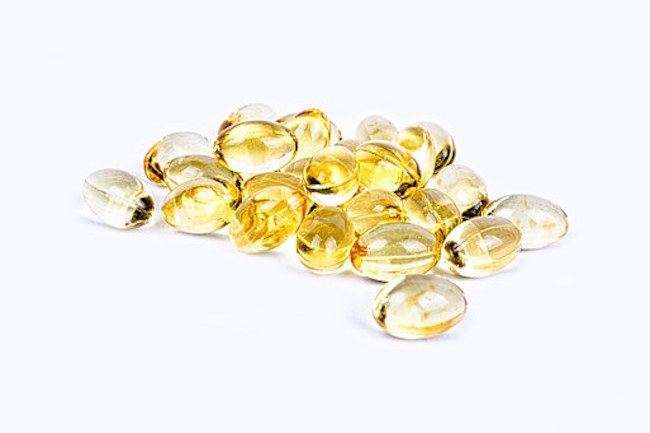Mainstream Media Catching on to Vitamin D’s Impact on COVID by Dr. Joseph Mercola for Mercola
As you’ve been reading here and in much of the latest COVID-19 news, vitamin D plays a unique and crucial role in supporting your immune system and protecting you against severe disease. However, what many experts appear to forget is that it is not a “cure-all.”
Many are searching for a single answer to the pandemic, which may be why they are hesitant to consider vitamin D. It’s clear from years of scientific evidence that vitamin D plays a vital role in your health, and while data show that those with higher serum levels have a lower risk of severe disease, making sure your levels are adequate is one of the simplest, easiest and most cost-effective ways you can protect your health.
The Data Are Mounting: Vitamin D Helps Reduce Mortality
A recent population study from Israel, published in the FEBS Journal, adds to the mounting body of evidence that demonstrates vitamin D plasma levels are an independent indicator of the risk for infection and hospitalization from COVID-19.1 Researchers studied 14,000 members of a health service who were tested for the virus from February 1, 2020, to April 30, 2020.
They identified suboptimal or low plasma levels as concentrations below 30 nanograms per milliliter (ng/mL). Within the study group, 10.1% tested positive for COVID-19 and 89.9% were negative.
The data showed that the mean plasma vitamin D level in those who tested positive was significantly lower than in those who tested negative. The association with a low plasma level increased the likelihood of infection and the risk of hospitalization.
Additionally, the data showed other comorbid conditions that raised the risk of infection included age (50 years and older), being male and having low to medium socioeconomic status. Those who were 50 and older had a higher risk of hospitalization. Dr. Eugene Merzon, leader of the study, commented:2
“The main finding of our study was the significant association of low plasma vitamin D level with the likelihood of COVID-19 infection among patients who were tested for COVID-19, even after adjustment for age, gender, socio-economic status and chronic, mental and physical disorders.
Furthermore, low vitamin D level was associated with the risk of hospitalization due to COVID-19 infection, although this association wasn’t significant after adjustment for other factors.”
Merzon advised that the amount of vitamin D should be “personalized, with patients’ age, gender, race and ethnicity, nutritional status and health condition taken into account.”3
The results of the study were also published in Medscape Medical News. A member of the research team, Milana Frenkel-Morgenstern, Ph.D., said the results indicated that clinicians should “test patients’ vitamin D levels and keep them optimal for the overall health — as well as for a better immuno-response to COVID-19.”4
Optimizing your vitamin D levels may be the most accessible way to take control of your health — it’s easily accomplished, cost effective and has a long line of research to back its reputation as an infection fighter.
A study published in the Irish Medical Journal noted that people living in southern latitude countries that normally received sun, such as Spain and Northern Italy, had low mean concentrations of vitamin D and the highest infection and death rates in Europe.5 Medscape Medical News notes these countries do not fortify their food or suggest that people should take vitamin D supplements.6 The researchers concluded:7
“Optimising vitamin D status to recommendations by national and international public health agencies will certainly have benefits for bone health and potential benefits for Covid-19. There is a strong plausible biological hypothesis and evolving epidemiological data supporting a role for vitamin D in Covid-19.”




